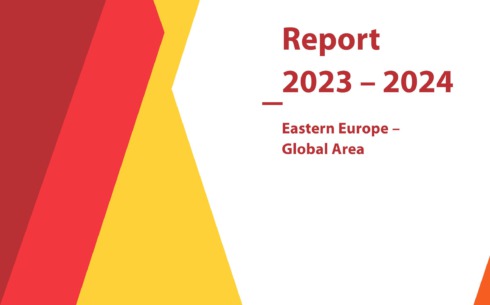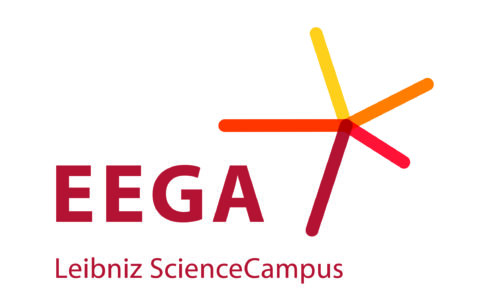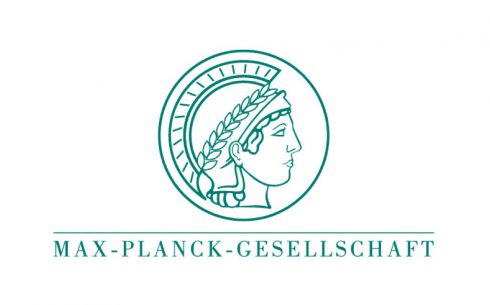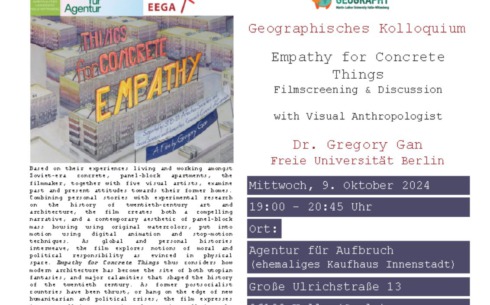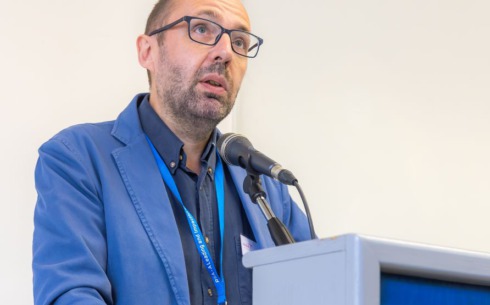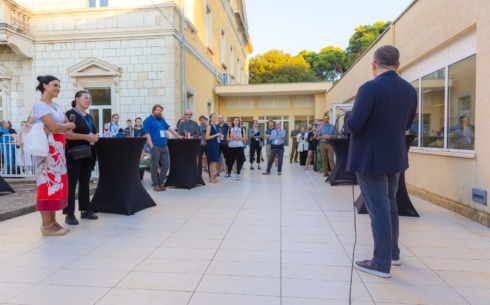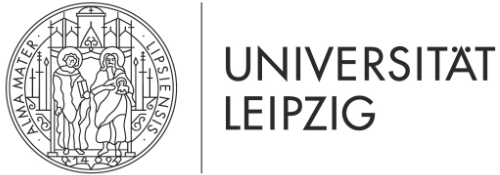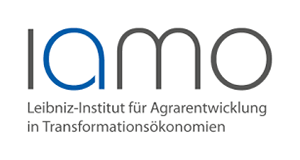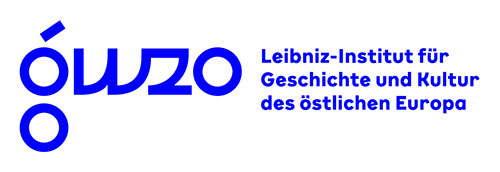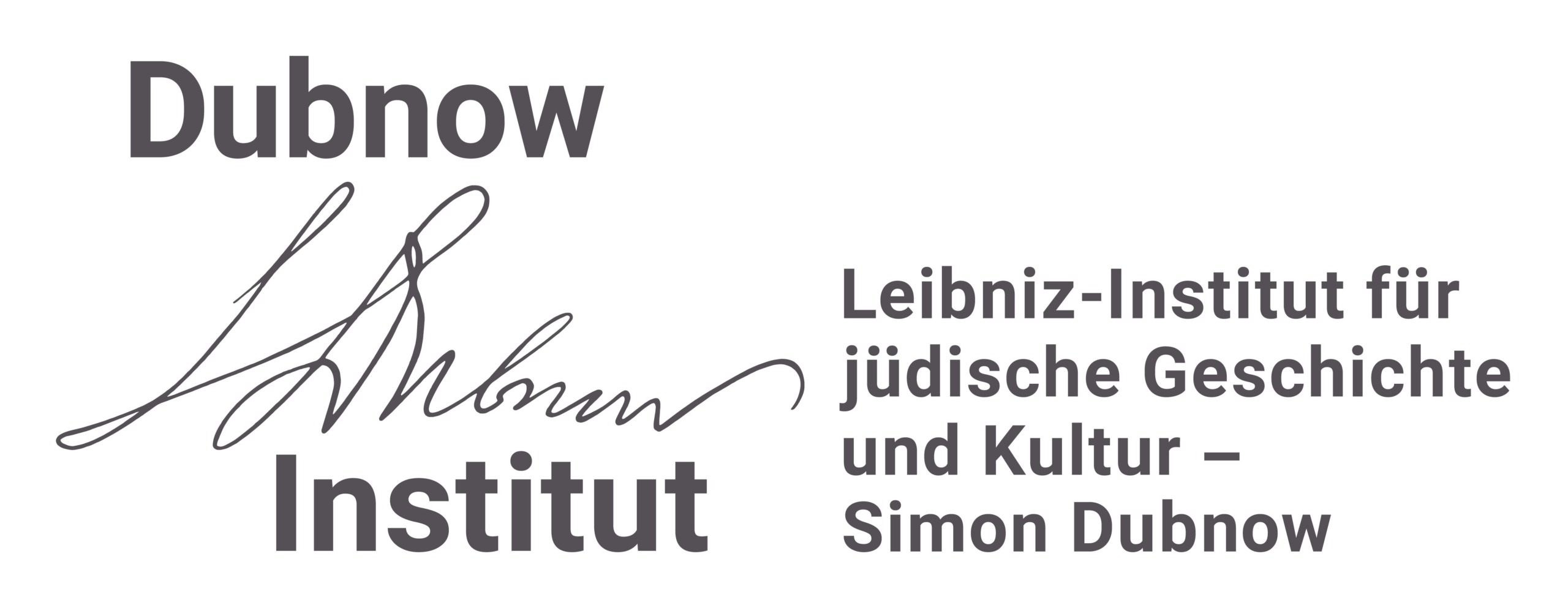CfP: International Conference: Culture, Infrastructure, Mobility
Dr. Lyubomir Pozharliev (Leibniz-Institut für Länderkunde), affiliate researcher of EEGA’s Research Area 2, among others organises an international conference on “Culture, Infrastructure, Mobility”.
The conference will take place at Sofia University and Goethe-Institut Sofia.
Date: 09–11 October 2023
Confirmed Keynote Speakers:
– Prof. Dr. Dirk van Laak, Chair at the Institute for 19-21 C. History, University of Leipzig
– Prof. Dr. Arnold Bartezky, Head of the Department of Culture and Imagination, GWZO, Leipzig
– Dr. Wladimir Sgibnev, Leibniz-Institut für Länderkunde, Leipzig
The history of modern technological infrastructure spans over two centuries and includes heterogeneous phenomena: from railroads, sewerage and water pipes, to telecommunications and digital networks. Its construction resembles a techno-world where modern humans live free from the natural constraints of their existence. This is an environment with very different possibilities, problems, freedoms and dependencies. Large infrastructure projects have a decisive influence on social, economic, technical, societal and administrative processes in modern societies. They shape the relations between sedentariness and mobility, define the rhythms and styles of life, consciousness, self-esteem and identity of individuals and groups.
The development of infrastructures has a key relationship to historical change. Infrastructure projects depend on cultural conditions for their emergence, but they also have important consequences for cultural change. They are an instrument for domination and homogenization of territories, for interaction between anonymous individuals, and for the integration of social groups. Transportation and communication infrastructures transform “imagined modern communities” into a new social and techno-cultural reality. They have a strong integrative but also disintegrative function, contributing to the homogenization of populations, making them technological carriers of power ideologies: Eurocentric, colonial or nationalist. Finally, infrastructure projects have their own history: almost two hundred years of development. The progressivist ideology with which they have traditionally been associated has been criticized and reconsidered. But development has not come to a halt, techno- optimism has not disappeared. New, even more far-reaching infrastructure projects are taking the place of the old ones. The role of digital communication, the Internet galaxy and social networks for the integration and disintegration of late modern society is not yet explored: they offer new possibilities but perhaps also unimagined dangers.
More information and the full call for papers can be found on the project website.
Deadline for application: 20 June, 2023
